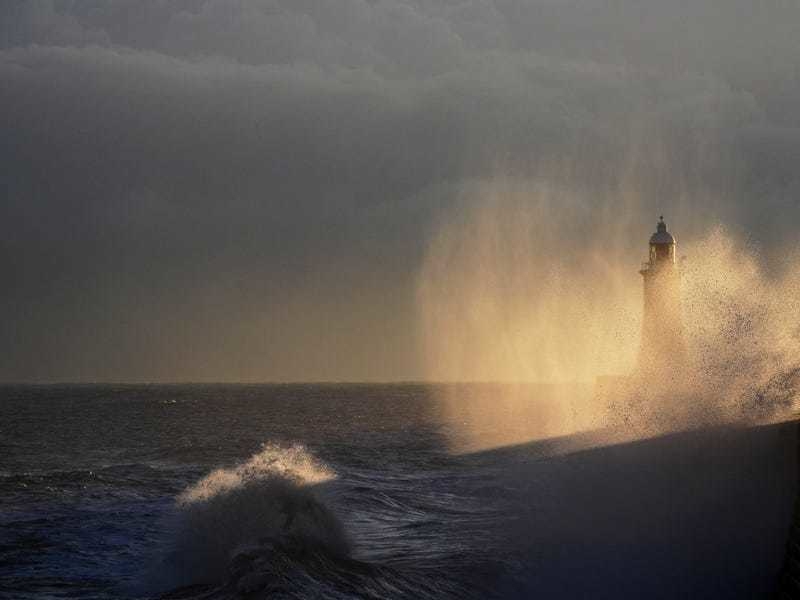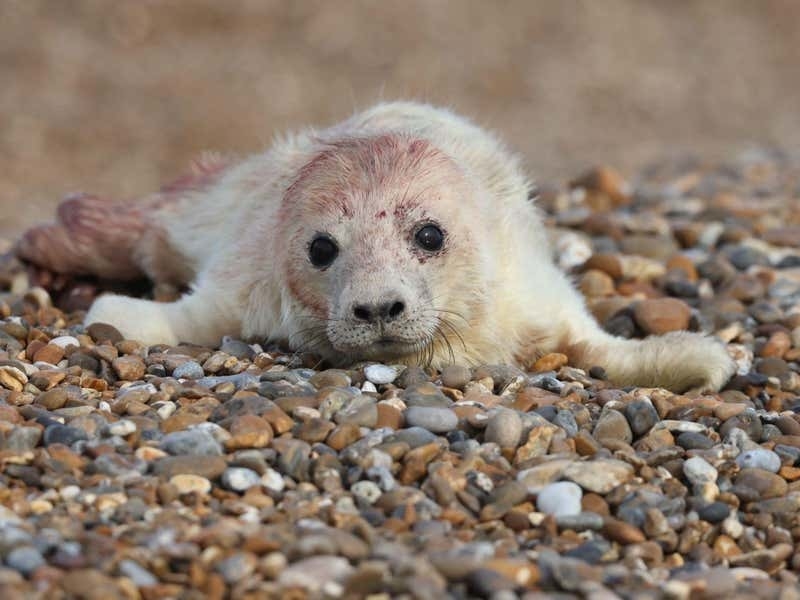THE Jersey Fire and Rescue Service faces “the same risks of a large urban city in the UK” but has far more limited resources, according to the Island’s new deputy chief fire officer.
Bryn Coleman, who moved to Jersey in August to take on the role, said the service had around 120 firefighters, compared to his previous crew of around 850 in the Nottinghamshire Fire and Rescue Service, where he spent almost three decades.
“The firefighters in the Island have a more diverse range of skills than what they would in the United Kingdom,” Mr Coleman said.
“They wouldn’t do marine rescue in the UK. They may do cliff rescue, but they certainly wouldn’t be as heavily involved with protecting the coastline from three miles out.”
UK services “don’t operate in isolation”, he added, often bringing in firefighters from neighbouring counties – something that isn’t possible in an island.
“We’ve got in the region of probably four or five fire appliances, and, of course, the geography is surrounded by water. So we’ve only got the firefighters that we’ve got and it’s very difficult to get immediate support,” he explained.
Despite being a smaller service, Jersey has “all the risks of a large urban city in the UK”, he said, noting the presence of an airport, a prison, a hospital and a ferry port.
Mr Coleman added that since his move he had started thinking about ways that training could be improved, as well as modernising fire-safety legislation “to bring ourselves up to standard and learning the lessons that have occurred unfortunately in the UK”.

“All the issues that we’re experiencing in the UK with high-rise buildings will be prevalent here,” he added.
His comments follow criticism of the London Fire Brigade over its response to the Grenfell Tower fire which claimed the lives of 72 people in 2017. While the individual firefighters have been praised for their bravery, the service was found to have a “chronic lack of effective management and leadership” which hampered the response.
Jersey’s government is keen to look at building safety in relation to the Island’s 33 high-rise units (measuring eight storeys or above), he said. “We’re working on a modernisation programme.”
Mr Coleman continued: “The government’s investing in the Fire and Rescue Service, and that’s part of the programme that I’m here for.
“As part of that investment programme, we’re looking to recruit more firefighters and increasing the capacity.”
Mr Coleman was an area commander for Nottinghamshire Fire and Rescue Service and has acted as head of technical rescue, dealing with water incidents, large transport incidents and collapsed buildings. He has also served as the UK’s lead expert on water rescues, as well as being a flood rescue adviser to the UK government.
Flooding is increasing across the world, he added, as a result of climate change bringing more extreme weather.
“Sometimes we get really hot weather, which causes the Fire and Rescue Service to be busy; we’re also seeing a lot of wet weather simultaneously with this heat, and that increases the amount of flooding,” he explained.
Safety tips from the deputy chief fire officer
Mr Coleman gave some general safety advice to Islanders:
-
Download the “what3words” app – which uses three random words to identify specific areas – in order to be able to give your precise location to the emergency services if necessary.
-
Buy e-bikes from reputable sellers and charge them safely using the correct cables and parts.
-
Make sure you have smoke alarms installed on all floors of your home.






